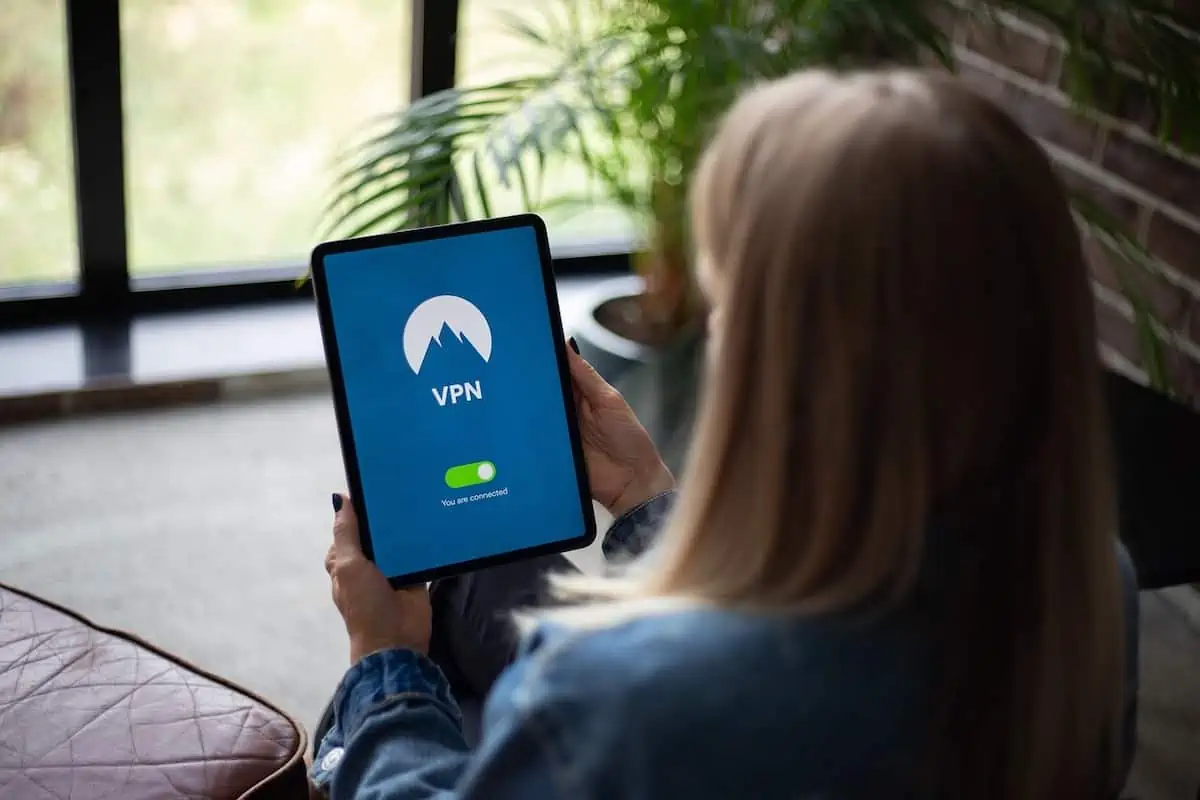Any business or individual can significantly improve their cybersecurity environment and privacy by using a VPN, which stands for virtual private network. When you use a VPN to establish an encrypted connection, your online activities are concealed from prospective cybercriminals and even your internet service provider.
Even though VPNs have proved their usefulness, especially in the current remote work environment, they do have some drawbacks. For this reason, you should carefully weigh the pros and cons of VPNs before determining if a VPN is appropriate for your company.
Pros of VPNs
Keeps your data secure
A reliable VPN is the only program that can effectively and economically safeguard your private data. Your data is protected by a VPN service as it travels over its encrypted tunnel. No one will be able to intercept and decode your data this way. Most premium VPN services employ strong encryption protocols to guarantee that your data is kept secure at all costs. As a result, for a very small investment, you can have a stress-free online experience.
Lets you access blocked content
A VPN will enable you to get around any geographical block and access content that may be blocked in your current location. For example, a VPN can restore your online freedom if you need to access prohibited websites while in a country with extensive restrictions. With the use of a VPN, you can change your IP address and give the impression that you’re in another country, which can provide you access to a wide range of opportunities.
This feature can also help your remote employees if you have a remote workforce scattered throughout the world. It would be bad for your employees’ productivity if not all your employees could access a specific website that is necessary for them to complete their duties. By using a VPN, you can prevent that from happening and make sure that your employees on a business trip can access content without any restrictions as well.
Helps you avoid bandwidth restrictions
Bandwidth restrictions, usually known as bandwidth throttling, are one of the factors that result in decreased employee productivity. Usually, bandwidth throttling happens when your Internet service provider slows down your internet connection. They frequently do this to enhance, control, and lessen network congestion.
A VPN hides your online activities and data use while encrypting internet traffic. Internet service providers are therefore kept in the dark about your online habits. They don’t limit your bandwidth as a consequence, allowing you to utilize the service to its maximum potential.
Has cheaper maintenance expenses
VPNs can be utilized to considerable cut down on the expenses and workload placed on an IT staff for those employed by large corporations and departments. For instance, a department can quickly and inexpensively implement a VPN service across all company devices to shield them from cyberattacks. Additionally, the VPN provider will take care of the service’s upkeep and support needs while making sure high security standards are followed throughout the whole company.
Cons of VPNs
They can be restricted
VPNs are frequently used to safely access certain websites or get around restrictions. Occasionally, governments or companies may limit access to and from VPN servers, leaving you with a connection that is ineffective for the purpose for which you bought it. We only suggest VPNs that have a solid track record if you don’t want to deal with these kinds of limitations.
The connection can be unstable
Connection dropouts are among the most serious VPN hazards in addition to being a major annoyance. Your barriers collapse the instant your encrypted connection does. Fortunately, a trustworthy VPN will typically have a kill switch preventative function, which will shut down your internet access instantly if you get disconnected from your VPN.
Some are challenging to set up
The VPN terminologies can all sound like a completely foreign language if you are new to them. Users often have to make educated guesses about the protocol to use or the options to turn on or off when configuring some of the VPNs available today.
However, you won’t need a computer science degree in order to utilize the top VPNs, which is a blessing. Especially remote access VPNs are considered to be one of the least complicated ones, which is always a topic in discussions of VPN vs. remote access. Remote access VPNs enable remote employees to connect their devices to a secure business network. It is a safe technique to allow staff members and customers access to corporate sources.
They could result in slower internet
The painful fact is that VPNs might slow down your internet connection. Your download and upload speeds will be impacted by even the most expensive VPN client. But compared to all the worthwhile benefits you receive using a VPN, that is a negligible trade-off.
Final words
VPN use has rapidly expanded for both commercial and personal use, mostly as a result of the growing popularity of remote work after the globally enforced lockdowns. However, nothing is perfect as there are pros and cons of VPNs.
After considering all of the primary benefits and drawbacks of VPNs, we can say that they are fantastic tools. It is obvious that utilizing a VPN has far more benefits than drawbacks. Therefore, it would be advisable to keep the notion of employing VPNs. Instead, you can pick a service provider that greatly lessens the drawbacks of VPN usage while enhancing its advantages.

